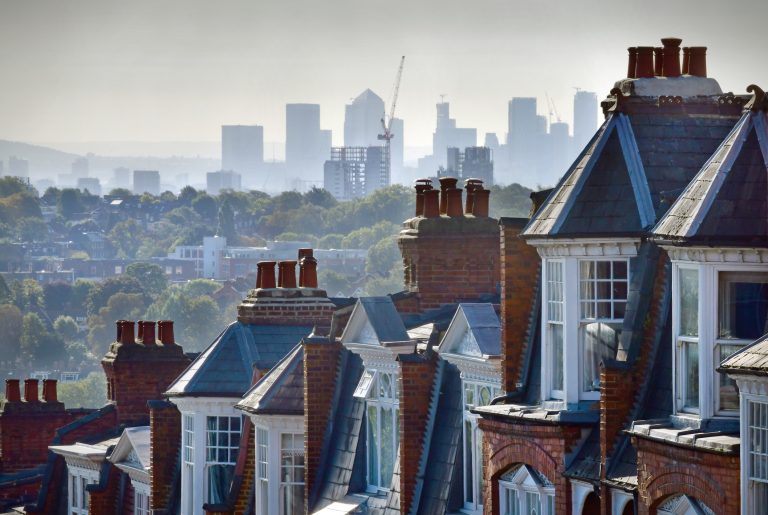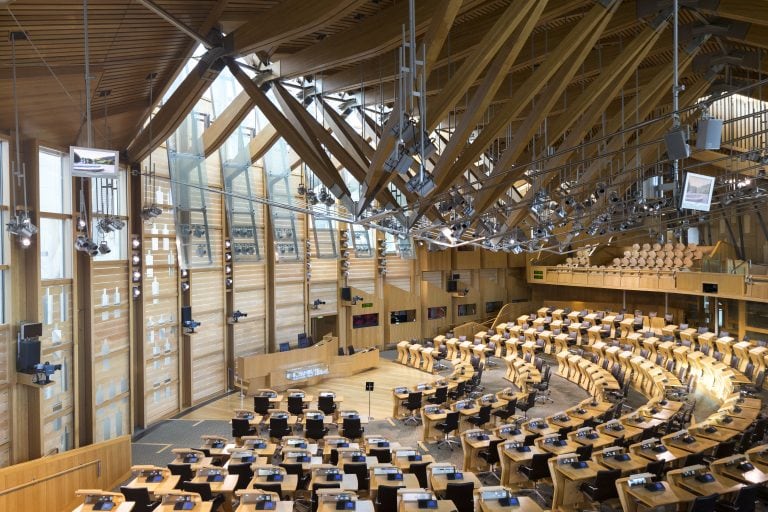UKGBC responds to the Planning White Paper - “Planning for the Future”

John Alker, Director of Policy and Places at UKGBC said:
“Planning is part of a wider system that is failing to deliver both the quality and quantity of homes needed to tackle the environmental and social challenges we face.
“High-quality, sustainable design is key to securing support from communities, and this is more likely to be achieved when communities can contribute meaningfully to the design process. We therefore welcome the ambition to simplify the system and harness modern technology, as this will help both improve accessibility and provide much-needed certainty. However, the planning process must maintain the support and constructive involvement of local communities if it is to effectively deliver places that work for everyone.
“To help tackle both the climate and ecological crises, today’s plans must – crucially – form part of a coherent, long term commitment by the Government to environmental protection; one that gives developers clarity around low carbon, nature friendly investment. We welcome the aspiration that new homes will not need costly retrofitting, but if this is to be achieved we need to see a significant strengthening of energy efficiency standards in 2020 and 2025.
“We welcome the commitment to protecting nature in certain areas, as part of supporting nature’s recovery. However, we need reassurances that nature – and access to it – will be also protected and enhanced and in both the growth and renewal zones, not just in protected areas. We call on Government to ensure that local authorities can properly resource their planning functions, and that they have both the skills and capacity to see high quality, sustainable design delivered in practice.”
Related
UKGBC responds to the Scottish Government’s announcement that the 2030 climate target will be scrapped

Chancellor’s Spring Budget fails to address ‘urgent need for upgrading homes and buildings’

UKGBC publishes new guidance on embodied carbon emissions reporting for more rigorous carbon reduction strategy

Development on brownfield must be balanced with nature restoration and high-quality homes

